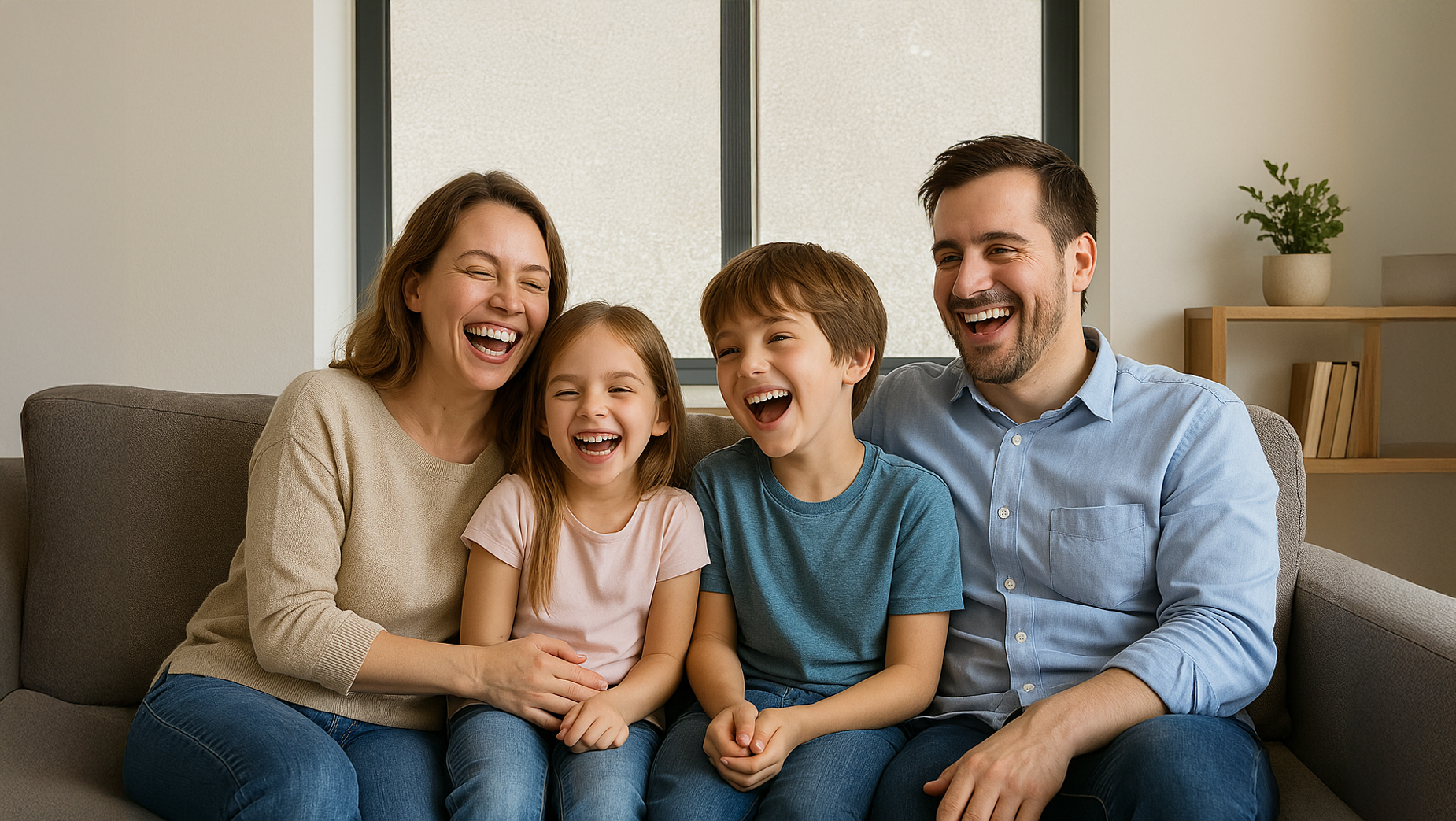How to choose the right system for your needs?

Define your priorities
Before we dive into the technical details, consider what is most important to you. Are you primarily concerned about sun protection? Or is it a priority to preserve the view outside? Is automation and integration with a smart home system important to you?
Different systems have different strengths. For example, outdoor blinds are great for sun protection and privacy, but completely cut off the view of the outside. In turn, zip-screens with properly selected fabric allow you to maintain visual contact with the environment while providing effective sun protection.
Take into account the specifics of windows
Another key factor is the type and size of your windows. Large glazing has different requirements than standard windows. With large windows, it is worth considering zip-screen systems, which, thanks to the side guides, remain stable even in strong winds. For attic windows, on the other hand, special roof blinds will work.
Also pay attention to the way windows are opened - some systems may limit the ability to open them fully. For example, facade blinds require more space between the window and the visor.
Check the exposition of the building
The location of the windows relative to the sides of the world is of great importance when choosing a solar system. The southern and western windows are most susceptible to overheating - here systems with high efficiency of protection from the sun, like zip-screens with fabrics with low light transmission (1-3%), will do.
For eastern windows, we can choose fabrics with greater permeability (5-10%), which will provide better visibility while maintaining basic protection. Northern windows, on the other hand, often do not require such advanced sun protection.
Consider Local Conditions
The location of the building has a great influence on the choice of system. If you live in a windy area, zip-screen systems will be a much better choice than awnings or standard reflectors. Zip-screens withstand gusts of wind up to 120 km/h, while ordinary reflectors have to be rolled up already at 60 km/h.
Also take into account the surroundings - if there are tall buildings or trees nearby that temporarily shade the windows, it is worth considering systems with automation that responds to the level of sunlight.
Think about automation
Modern solar systems can be fully automated. This means not only convenience of use, but above all better energy efficiency. Automatic systems, equipped with sun and wind sensors, react before the rooms have time to heat up.
If you are planning a smart home, pay attention to the possibilities of integrating the solar system with the rest of the installations. Some systems, like the zip-screen Solar, are completely autonomous thanks to the built-in photovoltaic panels, which greatly simplifies installation.
Do not forget about aesthetics
Solar systems are not only a matter of functionality - they are also an essential element of the architecture of a building. Modern systems, like zip-screens, offer a wide range of colors for both fabrics and structural elements. Cassettes and guides can be matched to the color of the window joinery or facade.
Pay attention to the trim details — some systems, like the ZIP Pro, have completely hidden fasteners and a retractable bottom strip when rolled up for a minimalist, sleek look.
Plan your budget holistically
When planning investments, consider not only the cost of the purchase, but also:
- Installation and possible modifications of the facade
- Electrical installation (in the case of automatic systems)
- Operating and maintenance costs
- Potential savings on air conditioning
Remember that a cheaper solution does not always mean a lower cost in the long run. A high-quality solar system is an investment that pays for itself through lower air conditioning costs and greater comfort of use.
The experience of our customers shows that a well-chosen system can reduce air conditioning costs by up to 60-80%. This means that the investment in a high-quality solar system can pay off already in 2-3 years.
eSol Sun Curtains



















